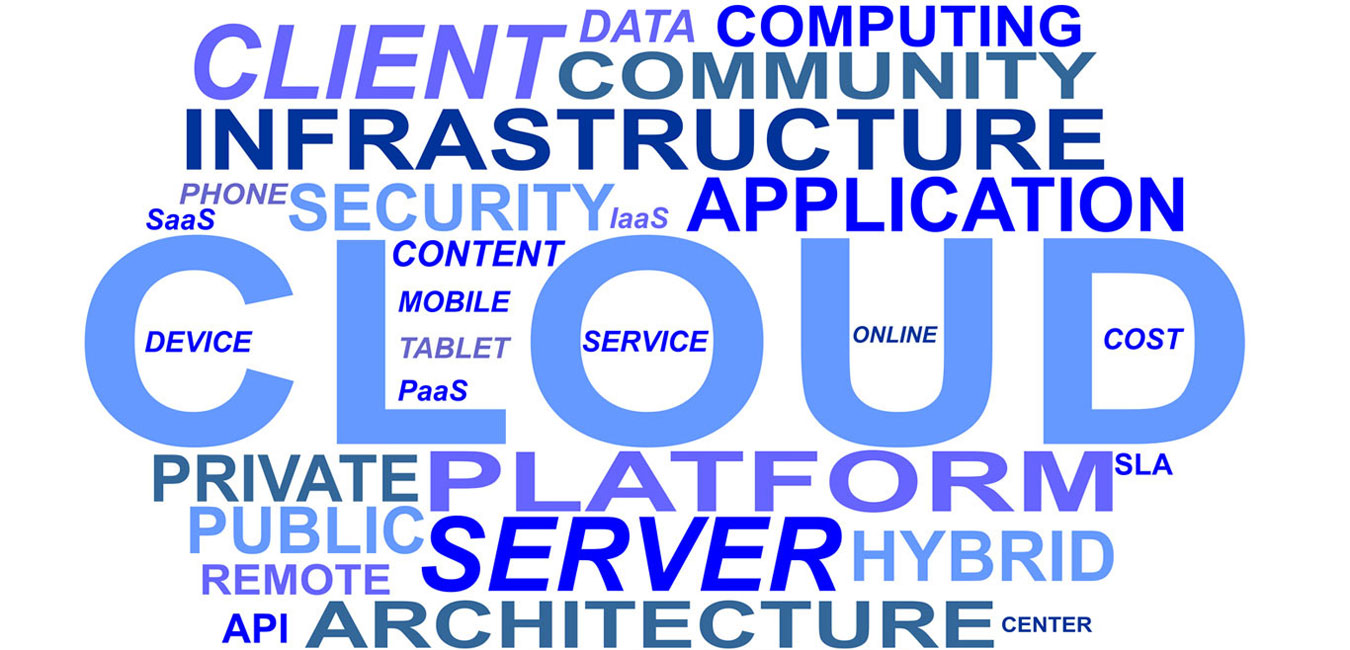Table of contents
Businesses pursuing the cloud are faced with the existential question – public or private cloud? Each has its merits that should be considered as per one’s business goals. Here are five factors you must consider prior to choosing a cloud platform.
Accessibility and usage
Each corporation has requirements unique to its business. For example, you have to consider if you can use SaaS the way it was designed or whether you need to alter it according to your requirements, which adds to the cost. Some applications even need dedicated hardware and even though they are offered by vendors, it affects workflow and can make application latency an issue. Implementation, accessibility and on-going operation come easily with private cloud. But if you are considering a public cloud, ensure that the vendor has the server clout that can handle high-performance apps.
Security
In the past few years, there have been many instances of cloud service breaches and several major businesses have suffered from them. Data security is a major concern regarding public cloud services. Although vendors effectively secure the public cloud infrastructure, various corporations are concerned about the implications of depending solely on them as any crack in their security can result in a negative impact on the bottom lines of these corporations. In a private cloud infrastructure, on the flip side, a number of firewalls can be implemented to safeguard data against external threats.
Cost
Flexible payment options concerning cloud infrastructure has given a whole new meaning to the economic expenditure. But the costs of implementing and maintaining private cloud services can bruise, if not break the economy of an organisation. The cost of buying servers, hardware and software along with hiring staff for maintenance is often far more than the prices asked by public cloud vendors. If you no longer need the setup for particular task in private cloud, the equipment just wastes away. That stated, the long-term cost of leasing public cloud continually can exceed the total cost of managing in-house cloud, especially if the data load increases.
Integration and Operation
Integrating the existing IT infrastructure with cloud is another major aspect. Business processes need specific tools for workflow and these tools must be integrated well with the cloud. Private cloud offers the ability to easily integrate business tools but at the cost of elastic capabilities. If the model of your business operations depends on a role-based environment, you must consider the requirement of diverse equipment and capabilities and how they fit in private or public infrastructure.
Scalability
The on-demand availability of public cloud makes it preferable by many organizations. Vendor services make it easy to scale up or down to adjust changes in requirements and environment. You only have to invest in the services that are required at any given time.
Private and public clouds come with management implications, however, selecting a vendor-based solution gives your organization ability to unload most of the management responsibility on the vendor.































































